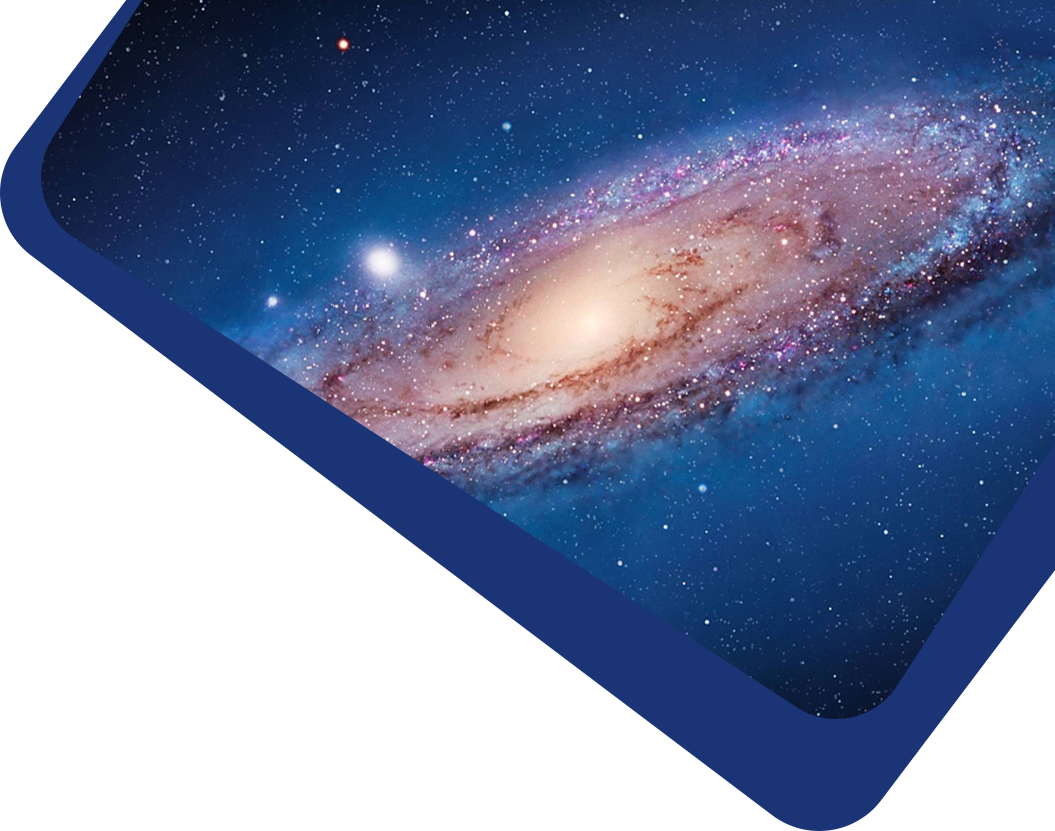

Abstract The effects of viscosity on the circumplanetary disks residing in the vicinity of protoplanets are investigated through two-dimensional hydrodynamical simulations with the shearing sheet model. We find that viscosity can considerably affect properties of the circumplanetary disk when the mass of the protoplanet Mp≲ 33 M⊕, where ~M⊕ is the Earth’s mass. However, effects of viscosity on the circumplanetary disk are negligibly small when the mass of the protoplanet Mp≳ 33 M⊕. We find that when Mp≲ 33 M⊕, viscosity can markedly disrupt the spiral structure of the gas around the planet and smoothly distribute the gas, which weakens the torques exerted on the protoplanet. Thus, viscosity can slow the migration speed of a protoplanet. After including viscosity, the size of the circumplanetary disk can be decreased by a factor ≳ 20%. Viscosity helps to transport gas into the circumplanetary disk from the of differentially rotating circumstellar disk. The mass of the circumplanetary disk can be increased by a factor of 50% after viscosity is taken into account when Mp≲ 33 M⊕. Effects of viscosity on the formation of planets and satellites are briefly discussed.
Keywords accretion, accretion disks — hydrodynamics — planets and satellites: formation — solar system: formation
It accepts original submissions from all over the world and is internationally published and distributed by IOP